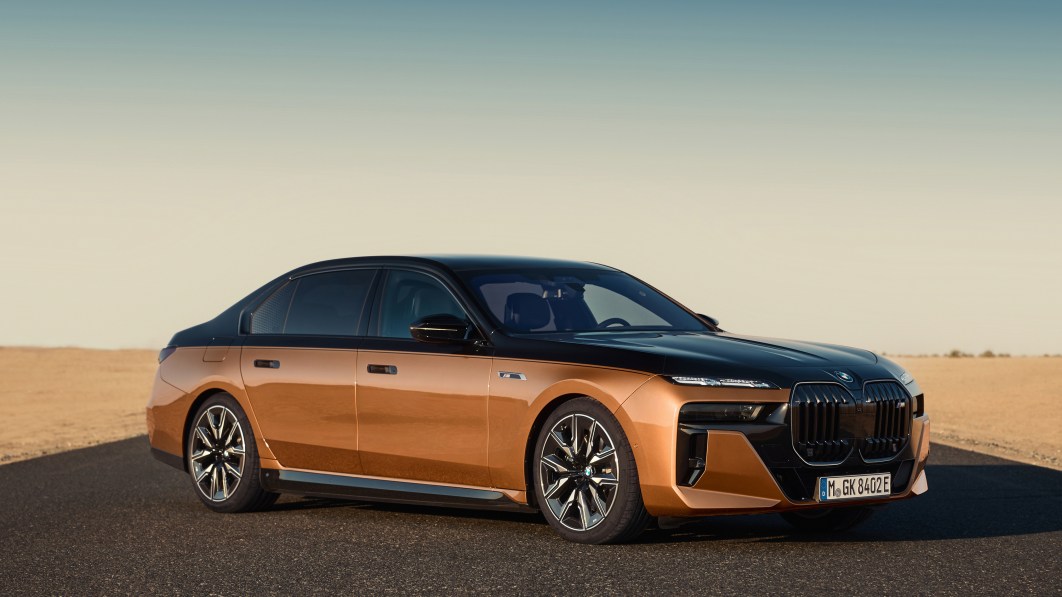BMW AG’s sales of fully electric vehicles at its core brand surged in the first quarter, outperforming rivals like Tesla and Volkswagen, which have struggled to cope with faltering demand.
Customer deliveries of battery-powered models such as BMW’s i4, iX1 and i7 jumped 41% in the three months through March compared to the same period last year, the company said Wednesday. The results helped group EV sales rise by 28%.
BMW’s results contrasted with the broader slowdown in demand for EVs, particularly in Europe, where battery-powered cars have flattened as a share of overall sales after governments withdrew incentives for EV purchases. Volkswagen AG said its EV deliveries fell 3% in the first quarter as gains in China failed to offset a 24% decline in Europe.
Mercedes-Benz Group AG said Wednesday its sales of EVs fell 8% in the first quarter, citing supply-chain issues, the phase-out of its Smart Fortwo two-seater, and sluggish demand in Germany after state subsidies programs were scrapped. Earlier this month, Tesla reported its first year-on-year global sales drop since 2020.
BMW shares rose as much as 1.3% on Wednesday, taking gains this year to 14% with the stock slightly ahead of rival Mercedes-Benz over the past 12 months. Volkswagen shares are at about the same level as they were a year ago, while Tesla’s are 4.4% lower.
BMW, Volkswagen and Mercedes-Benz released their first-quarter figures as chief executive officers from some of Europe’s biggest carmakers met in Brussels to discuss risks facing the transition to EVs. Luca de Meo — CEO of Renault SA and president of the ACEA auto industry group — said Europe needs to bolster demand for EVs by expanding charging infrastructure, ensuring supplies of raw materials, improving financing options and introducing market incentives.
BMW is banking on EV sales success after rolling out a significant number of new battery models, including the high-volume i4 sedan and more recently the iX2 crossover. The Munich-based company moved earlier in the EV shift than many competitors with the development of the i3 city car, garnering deeper experience with battery technology and having to work through a mixed reception of the model.
“The key thing is that BMW has more of a volume-based strategy than Mercedes,” Citi analyst Harald Hendrikse said. “BMW is more willing to compete if the market is more difficult.” But in the future, this will be more difficult as growth is slowing in the luxury segment and in China, he added.
EVs made up roughly 15% of BMW’s total deliveries last year and are expected to rise to 20% this year. The company aims to boost that share further this year with half a million EV sales, drawing on 15 fully electric models across its brands.
BMW is, however, facing stiff competition in China, its biggest market, where a subdued economy and price war led by Tesla is weighing on the industry. Sales of BMW and Mini brand vehicles in China declined 3.8% in the first quarter, while deliveries increased 5.5% in Europe and 1.2% in the US during the same period.
Volkswagen signaled EV demand in Europe could bounce back. The company said more than twice as many fully electric models were ordered in the first quarter than last year, bringing the current order bank to roughly 160,000 vehicles.


